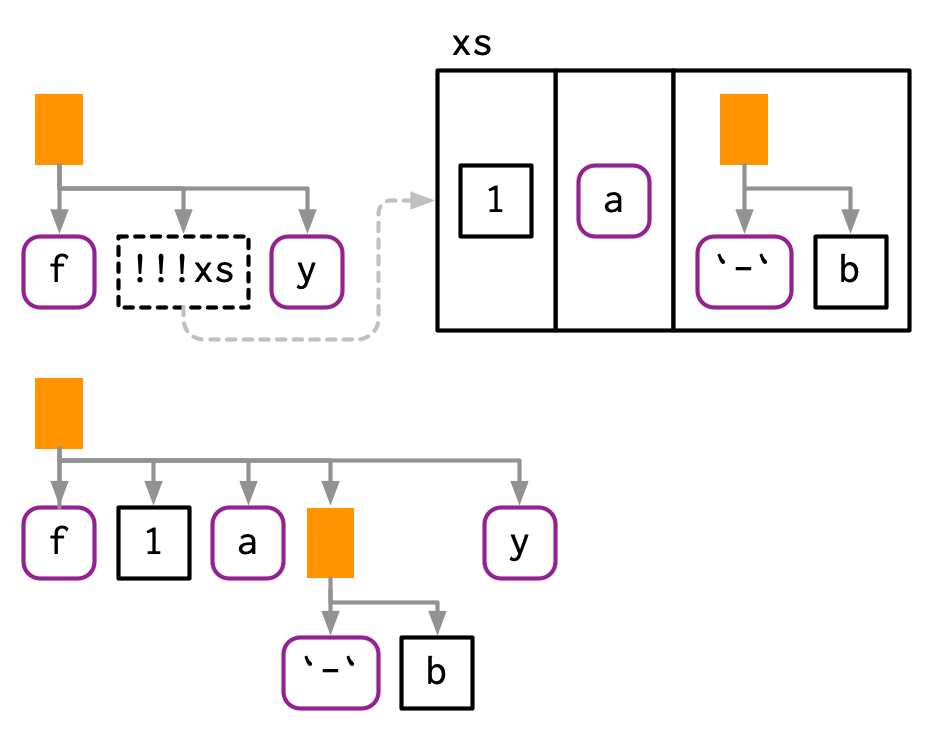
(A library is a directory where packages are stored.) There are two possible sources of problems with R version upgrades, both of which are related to package libraries. User libraries and version incompatibilities In general, there are no issues with subminor version upgrades, like going from 3.3.2 to 3.3.3, but there can be compatibility problems when there is a major or minor version upgrade. New minor versions are released about once per year. The current version as of the writing of this document, 3.4.0, has a major version 3, minor version 4, and subminor version 0. In a production environment, we strongly suggest testing new versions of R and packages on a staging server before deploying to a production server. Because the cause of these problems will not be obvious, upgrading R on a server should be done with care. On servers running Linux, it is possible that after an R version upgrade, your R packages will load without trouble, but they might not work correctly, or they might even crash R when used. You probably don’t need to read the rest of this document unless you want to learn much more about package libraries. If you are using a system like this, you can just reinstall your packages after upgrading R. This is an inconvenience, but the problem is obvious and it is easy to fix. On most single-user systems (Mac, Windows, and Linux), when you upgrade to a new minor version of R (like 3.3.0 to 3.4.0), R will not find the packages, you will need to reinstall your R packages. The article of this document is to explain these problems, and how to fix them.


In other cases, R will find the existing packages, but they might not work correctly.

In some cases, the new version of R won’t find your existing R packages.

When you upgrade to a new version of R on your computer, it’s possible that everything will continue to work without any trouble, but it’s also possible that you’ll run into problems.


 0 kommentar(er)
0 kommentar(er)
